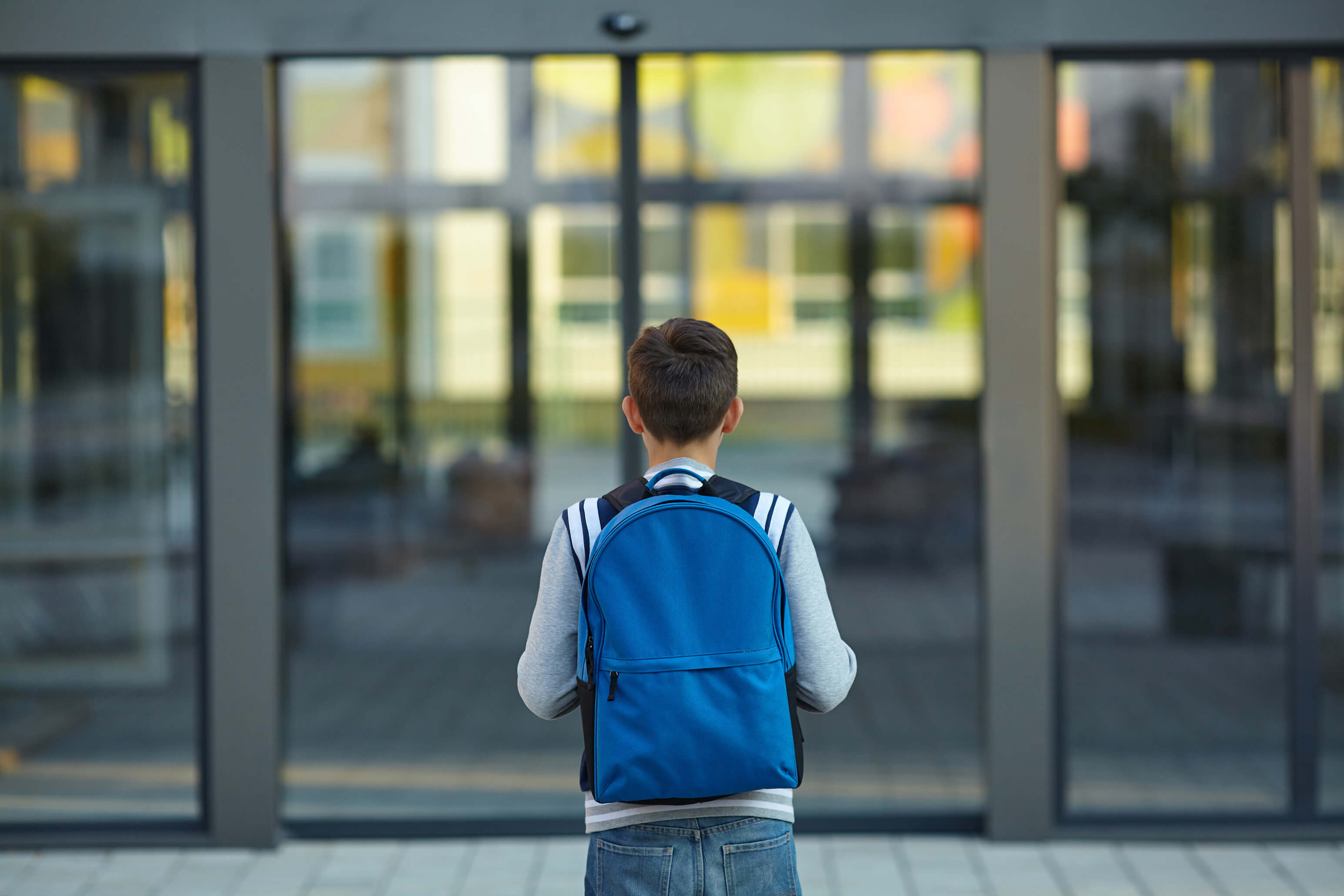Three factors that impact backpack safety

It’s that time of year again. You’re counting the days until your child heads back to school. However, before you put them on the bus, you’ll need to make sure they have everything they need for school, and this may include making sure they have the safest possible backpack. Here are three factors you should consider when making sure a backpack is safe for your child:
- Size
Backpacks, like children, come in all shapes and sizes, and the size of the backpack is one factor to consider when buying your child a new one. For instance, the bag you choose shouldn’t reach much higher than the child’s shoulders. If it goes higher than this, it could cause them to bend forward too much when carrying it.
As for the bottom of the backpack, it should rest comfortably in the curve of the lower back. This is because a bag that sags down lower can cause the spine to curve backward too much, and this can lead to other posture-related issues for your child.
2. Fit
You may be tempted to make a too small backpack last longer or purchase one a little too large for longer-lasting fit. However, a backpack that fits properly is much safer.
One characteristic of a safe backpack is well-fitting shoulder straps – they should rest comfortably on the shoulders. They should also allow children to move their arms freely while wearing the backpack. Having a waist strap that fits your child can also help make a backpack safer. This is because waist straps help hold the pack closer to the body, and they also transfer some of the bag’s weight to the hips instead of the spine.
3. Weight
Many kids tend to load up their backpack with far too much. It’s important to teach your child how much weight they should limit in their backpack. The idea is that they shouldn’t be carrying more than about 10% of their body weight, and you can do a simple exercise with them, so they know what this feels like.
For example, a child weighing 86 pounds shouldn’t be carrying more than about 8.6 pounds in their backpack. This is about how much a gallon of milk weighs. Simply place a full gallon of milk in your child’s backpack and have them put it on. This will give them a reference for the most weight they should be carrying in their bag. For heavier children, you could use other common objects like hand weights to achieve the same goal.
Franklin Rehabilitation can help make it safer for your child to carry a backpack
At Franklin Rehabilitation we want to help you keep your child safe when they’re carrying a backpack. One way we can increase their safety is by helping to address posture issues. We can also help treat muscle imbalances and medical conditions that can make it less safe to carry a backpack. You can even download our backpack report card to make sure your child’s backpack is the safest possible one for them.
Contact us today to find out more about backpack safety or to schedule a backpack fitting.
